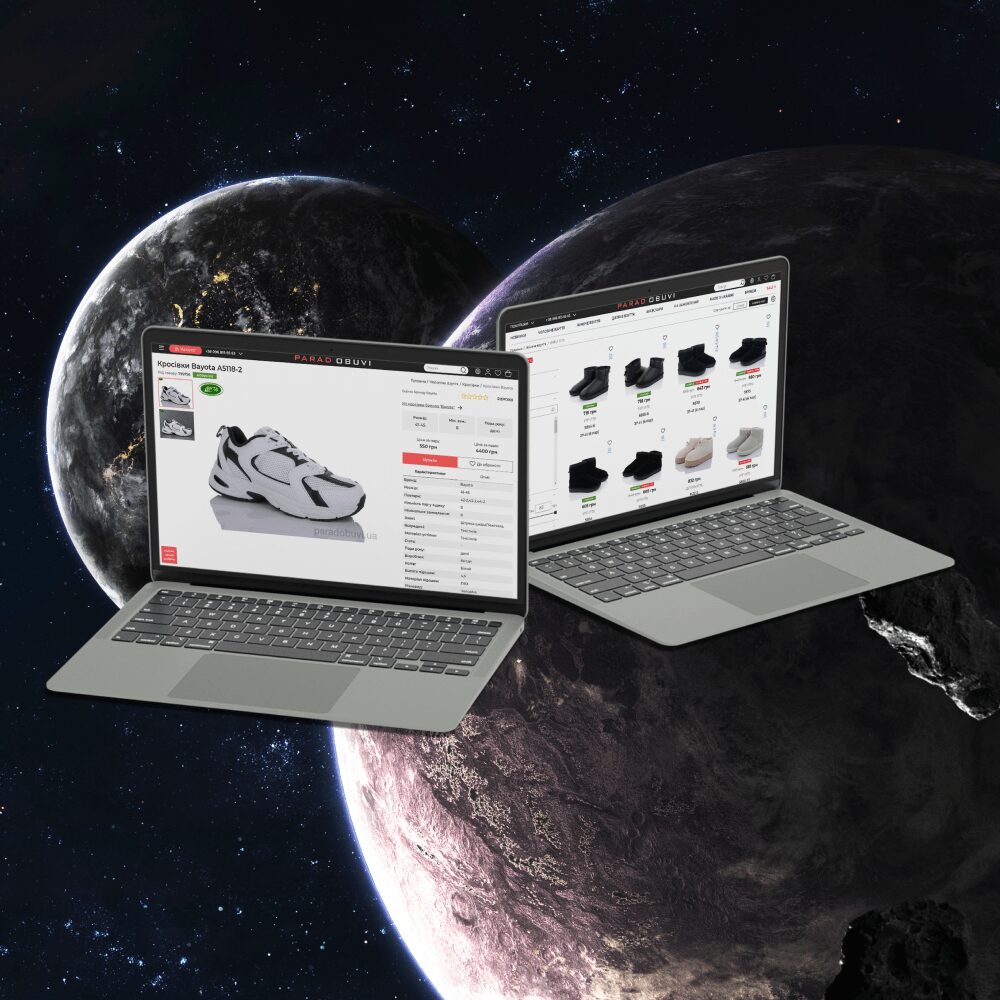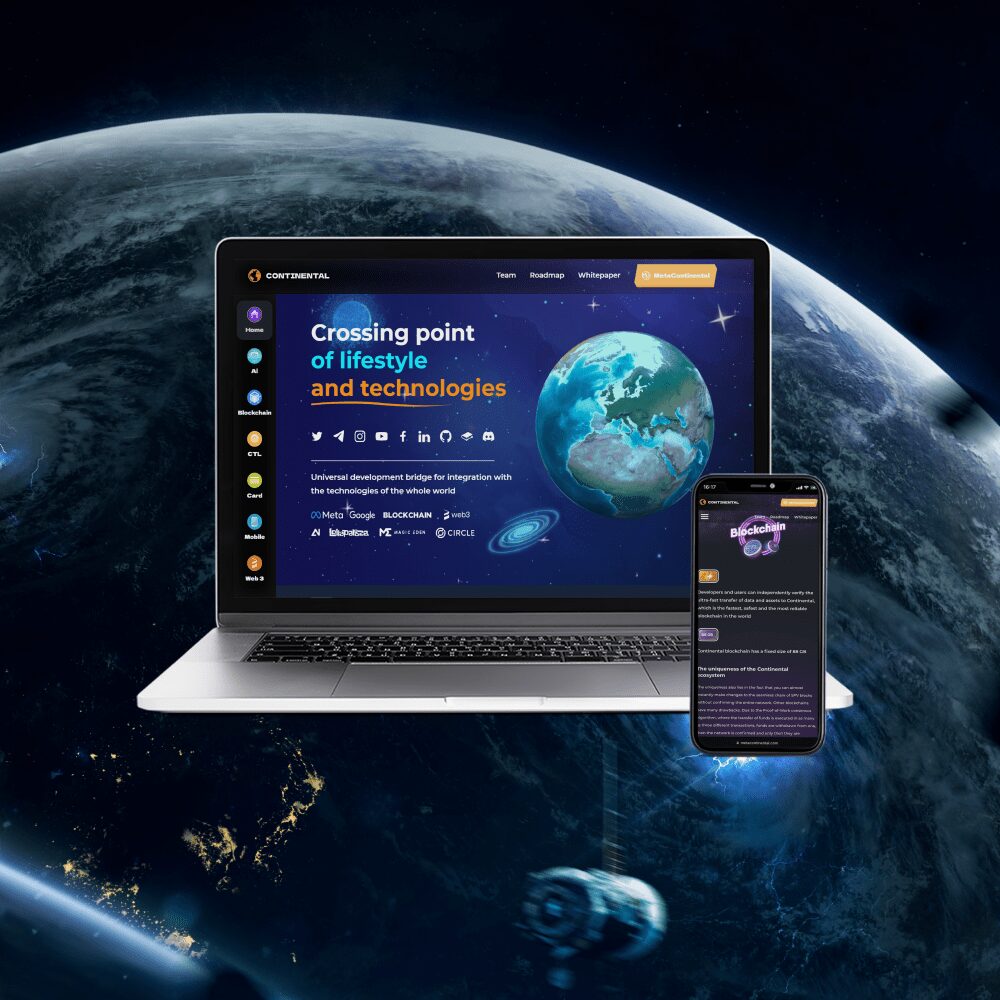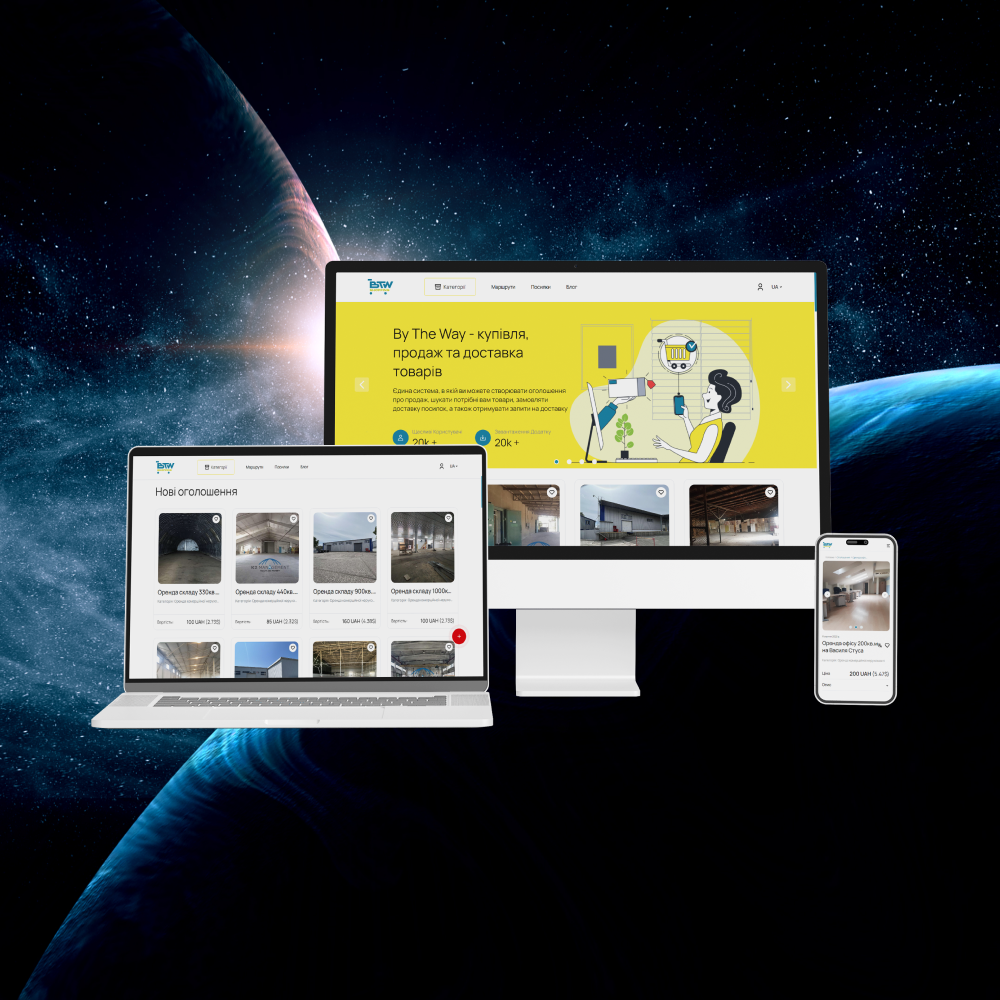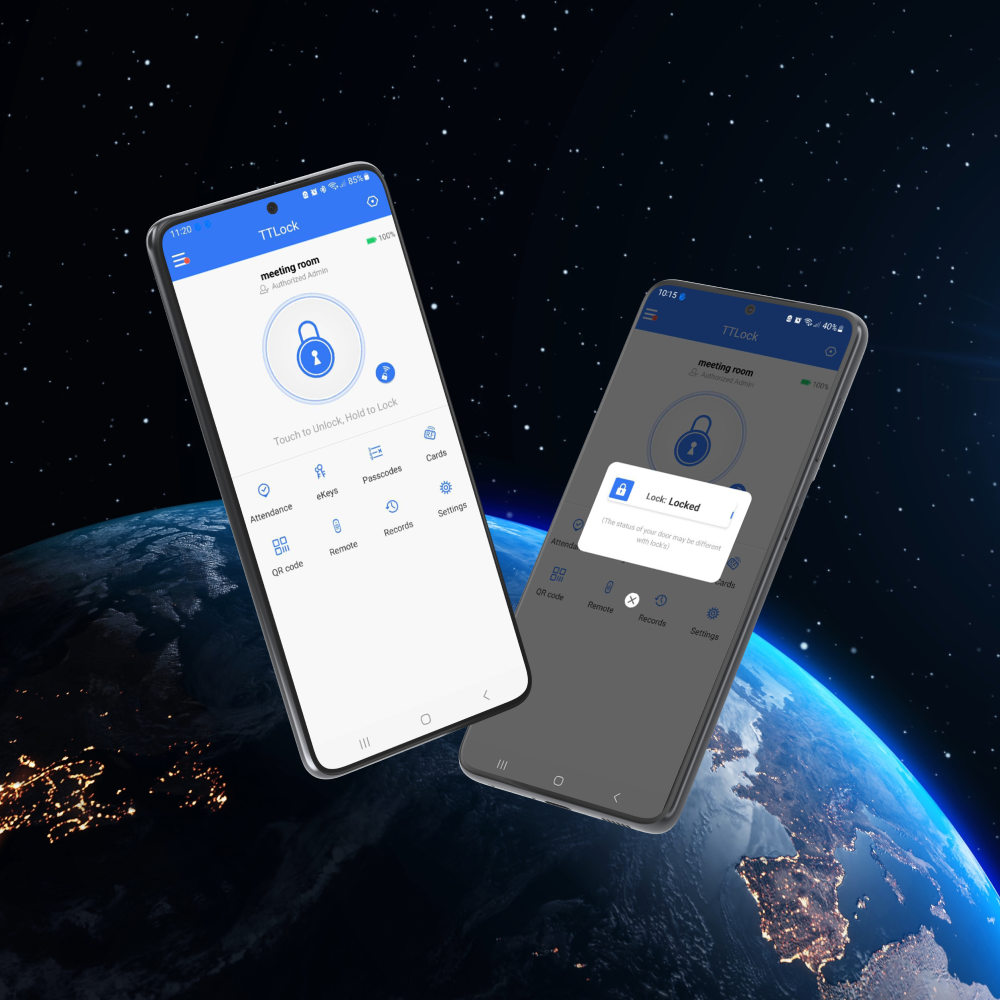Implementation of blockchain technology in healthcare
Implementation in healthcare
BlockchainImplementation in healthcare Blockchain
Researchers at Research And Markets predict that the healthcare blockchain market will grow exponentially in the coming years, growing from $1.97 billion to $126 billion by 2030. One of the main reasons for this leap is the urgent need of the medical industry for more advanced and reliable tools for storing and processing data.
At the same time, for many people, blockchain is still associated only with cryptocurrencies and mining. Therefore, in this article, we propose to delve a little into this topic and consider how exactly decentralization can affect healthcare and improve the quality of medical services.
What is blockchain
Benefits of TechnologyWhat is blockchain Benefits of Technology
By definition, a blockchain is a distributed data ledger system available to every member of the network.
In simple words, it is an advanced database mechanism consisting of consecutive digital blocks, each of which stores information about the previous one. Records in such a network are immutable due to hashing – a unique set of characters, where a change in one character entails changes in other blocks.
The main advantage of blockchain is transparency. The fact is that each member of the network can get acquainted with the information inside the block, but changing or destroying data is, by definition, impossible. From a healthcare perspective, there are many benefits to using blockchain technology. Let’s consider the main ones:
- Decentralization. As we have already said, the blockchain guarantees the immutability and safety of data. Accordingly, various software solutions or medical equipment responsible for storing information can run on decentralized systems.
- Single data source. In addition to the usual data storage, the blockchain is also able to share access to them, depending on the user’s role in the network – patient, doctor or nurse. This makes it possible to transfer personal data of patients: medical history, prescriptions, vital signs, drug dosages and more.
- Continuous data monitoring. To prescribe the optimal treatment, the doctor needs to have comprehensive information about the patient’s condition. Therefore, monitoring vital signs – from blood oxygen levels to blood pressure – must be carried out around the clock and seven days a week. Of course, there are corresponding traditional databases (DBMS) on the market for these purposes, but they have a serious drawback – the lack of reliable protection against data changes or hacking. And the blockchain with the help of cryptography solves this problem more than effectively.
- Automation. There is a lot of routine in the healthcare industry that can be automated using smart contracts – self-executing programs. Such scripts work according to simple logic: “if – then”, and will allow you to maintain strict medical rules and protocols.
- Confidentiality. Blockchain technology was originally created to manage financial transactions in the cryptocurrency market, therefore, by its nature, it provides a very high level of security and privacy. A prime example is the 256-bit algorithm used by the Bitcoin blockchain. As you know, it is almost impossible to hack and, at the same time, it simultaneously ensures the publicity, security and confidentiality of all transactions.
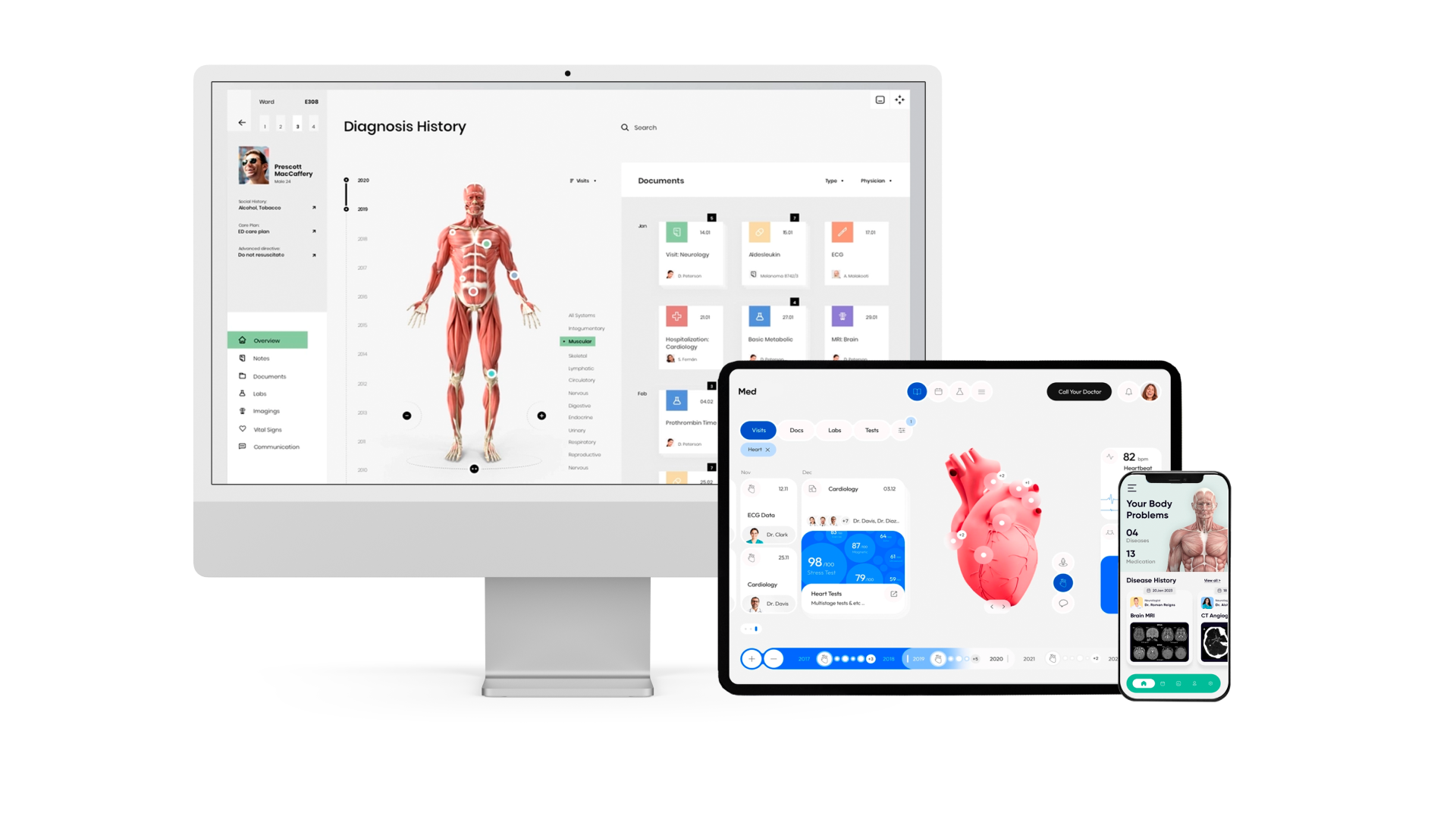
How blockchain solves major problems in the healthcare market
Problem solvingHow blockchain solves major problems in the healthcare market Problem solving
As you know, the healthcare sector is not ideal and there are more than enough problems in it. Consider how the introduction of blockchain technology helps to cope with them.
Problem 1. Counterfeit drugs
According to statistics, about 1 million people a year die because of counterfeit drugs – they either do not work at all, are not effective enough, and sometimes even turn out to be harmful.
At the same time, WHO data indicate that about 10% of medicines in the world are counterfeited, and in developing countries this figure can reach 30%.
Blockchain offers an effective solution to this problem. It uses a consensus mechanism that completely cuts off any attempts to add data to the registry from unauthorized sources and makes it impossible to delete or change the entered information.
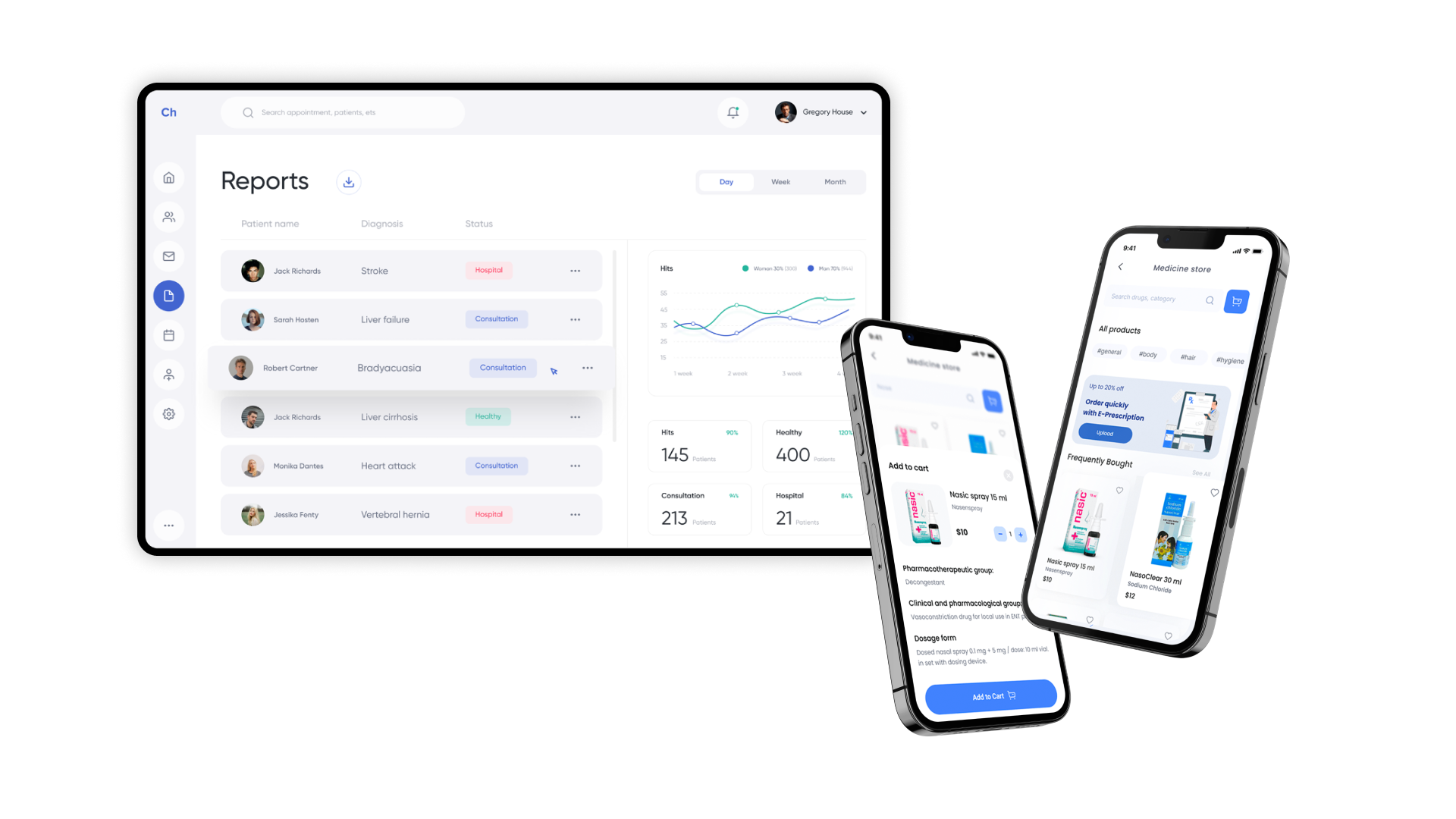
Problem 2. Data management
Problem 2. Data management
Another area where the current healthcare system remains weak is information storage. As a rule, patient data is segmented and stored in parts in different, unrelated systems, which greatly complicates the work of medical personnel and hinders quality treatment. This situation is further exacerbated in critical cases, when the doctor has a matter of seconds to make a decision.
Blockchain is able to completely change the approach to storing and exchanging information. Its capabilities allow you to link all patient data and place them on a single secure and reliable platform. As a result, medical staff will have uninterrupted access to comprehensive information about the patient’s medical history, previous appointments, test results, and more. In some cases, this will not only improve the quality of medical services, but also help save lives.
Problem 3. Data security
Problem 3. Data security
The security of information storage is another major issue in healthcare. According to statistics, there are hundreds of major leaks of medical data every year – attackers steal patients’ banking information, their credit card information and the results of genomic tests.
Blockchain stores a decentralized and transparent data log, which ensures maximum information security. At the same time, it also provides a high level of confidentiality, since all participants in the network are anonymous.
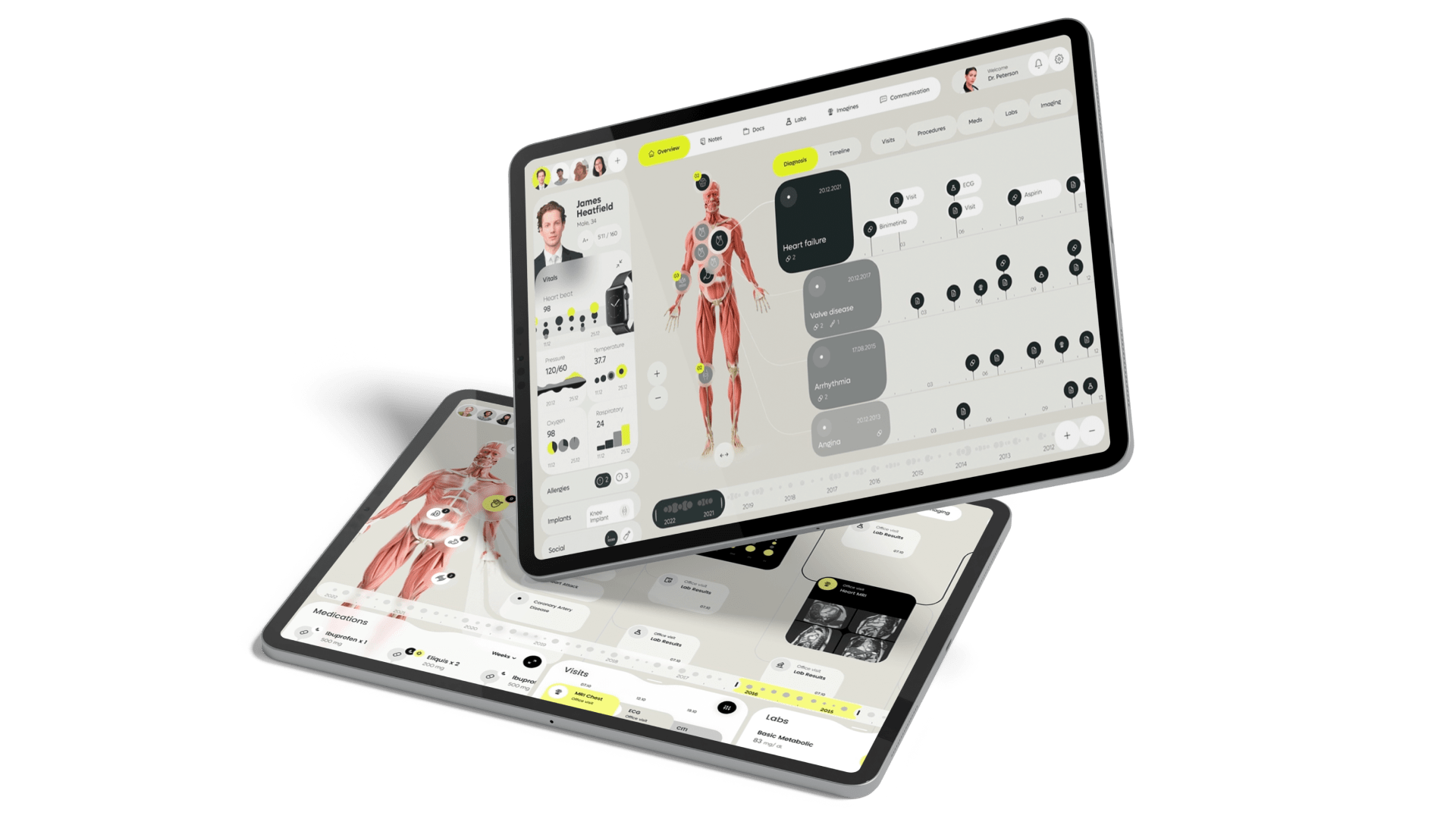
Problem 4. Supply chain management
Problem 4. Supply chain management
When buying drugs in a pharmacy, most patients want to know the origin of the drugs, and whether the conditions for their storage were observed during transportation. It is certainly possible to answer these questions using traditional supply chain approaches, but it is very expensive and difficult.
In turn, blockchain solutions allow companies to track the movement of pharmaceuticals throughout the supply chain – from the manufacturing plant to delivery directly to the pharmacy, with little effort. At the same time, block hashing in a decentralized network prevents any attempts to enter incorrect information.
Problem 5. Checking the qualifications of workers
Problem 5. Checking the qualifications of workers
Due to the large number of public and private clinics, there is an increased risk that a person who does not have the necessary education and skills will be allowed to treat patients. Blockchain can solve this problem. To do this, it is enough that trusted educational institutions and medical companies enter data on their graduates and employees into the register.
Thus, the patient will be able at any time to make sure that he is being treated by a qualified medical professional with the appropriate diploma. The task of the blockchain in this case is to prevent unauthorized entry of information.
Features of developing solutions based on blockchain technology
Team and TechnologyFeatures of developing solutions based on blockchain technology Team and Technology
When developing blockchain solutions for the healthcare sector, it is necessary to focus not only on the advantages of decentralization, but also to ensure high software performance. However, the blockchain, by its nature, is inferior in speed to its server counterparts.
For example, the bandwidth of the Bitcoin network is only 7 transactions per second, and the VISA payment system is 56,000 transactions. Such a huge difference is due to the cryptographic component. On the one hand, it gives the blockchain such important advantages, and on the other hand, it requires very complex calculations, which reduces performance.
To solve this problem, blockchain applications are partially hosted on traditional servers, and their main functionality is published on the blockchain network. As a result, the software works with maximum performance and, at the same time, provides users with all the benefits of decentralization.
Accordingly, for the technical implementation of such solutions, the following team of specialists may be required:
- Project Manager – manages the development process.
- UI / UX designers – design and render the visual part of the product.
- Backend developers – implement the server side. Java, Python, PHP, Node.js technologies and Django/Flask/Yii2/Laravel frameworks can be used for this.
- Frontend developers – create the client side of the software. They can use static HTML / CSS / JavaScript technologies, or reactive ones – Vue.js / React.js.
- Mobile Developers are engaged in the creation of mobile applications. In their work, they can use native technologies: the Kotlin language for the Android operating system and Swift for IOS, as well as the Flutter cross-platform framework and the Dart language.
- Blockchain developers — develop the main functionality of the project, which is hosted on the blockchain network.
- QA-engineers – they test the system and are responsible for the correct operation of the functionality.
The technology stack for each project is selected individually and depends on many factors: on what platform it will work – on mobile devices, in a browser or on a desktop, what tasks it faces and in what area of healthcare it will be used.
Development of blockchain applications for healthcare in AVADA MEDIA
Development of blockchain applications for healthcare in AVADA MEDIA
Our team has extensive experience in developing decentralized solutions for various business areas, including healthcare.
We help design, implement and bring to market innovative products of any complexity, and provide them with qualified technical support at all stages of development.
Fresh works
We create space projectsFresh works
The best confirmation of our qualifications and professionalism are the stories of the success of our clients and the differences in their business before and after working with us.
Our clients
What they say about usOur clients What they say about us
Successful projects are created only by the team
Our teamSuccessful projects
are created only by the team Our team
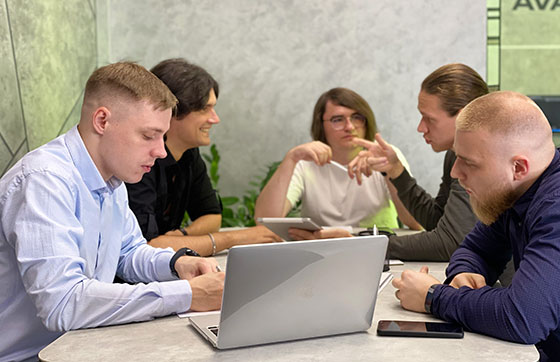
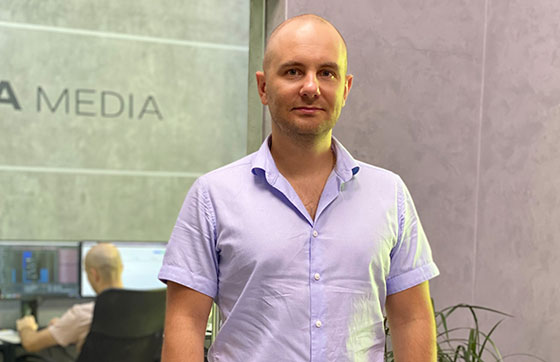
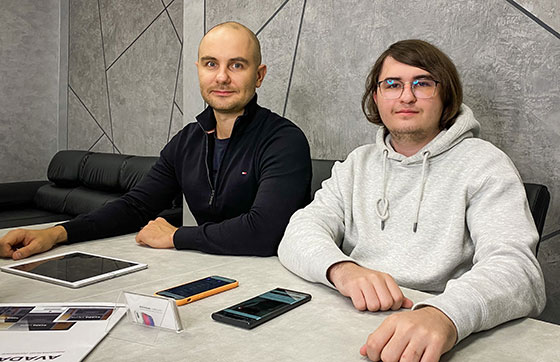
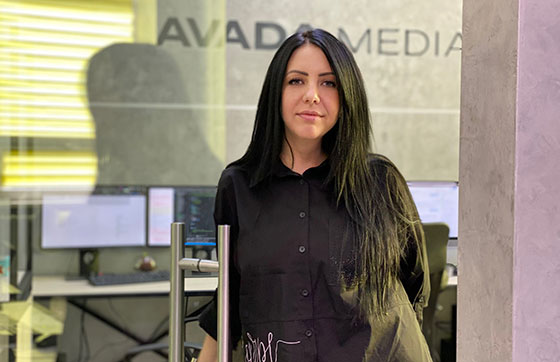
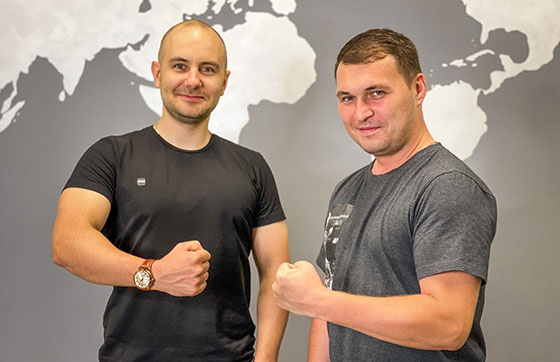
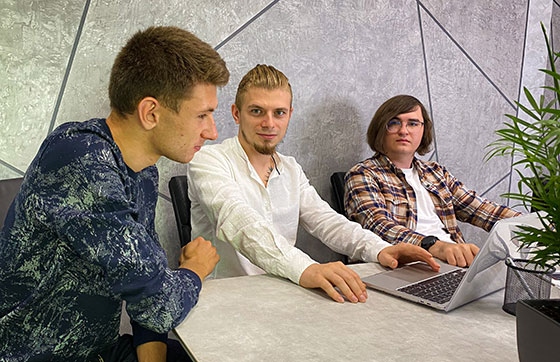
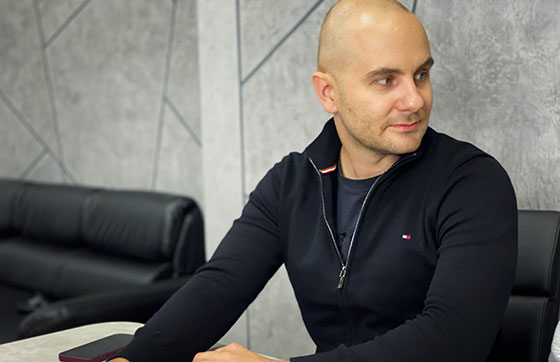
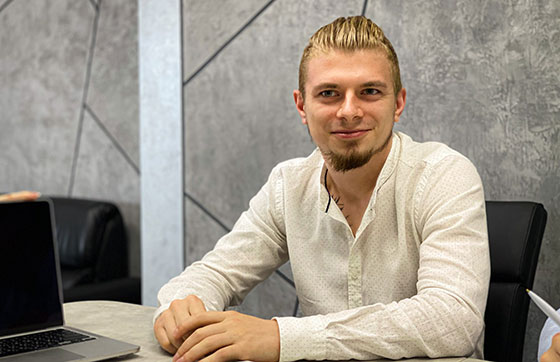
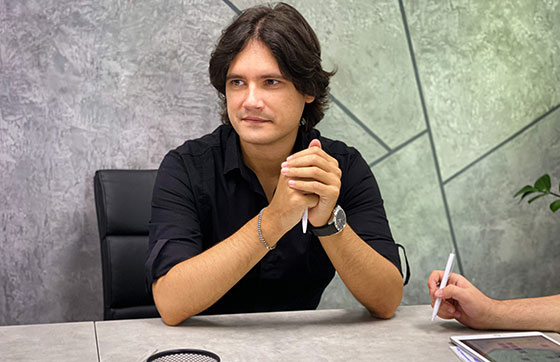

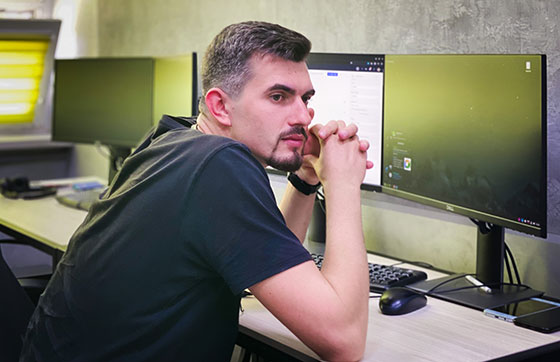
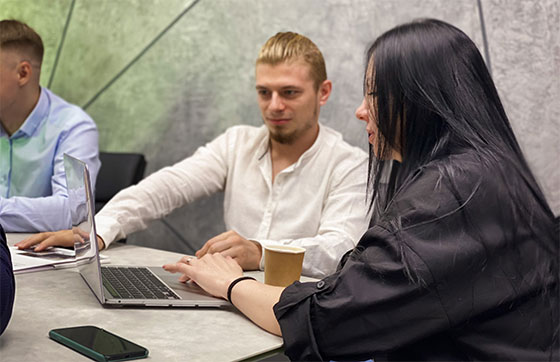
Contact the experts
Have a question?Contact the experts Have a question?
-
Phone:+ 38 (097) 036 29 32
-
E-mail:info@avada-media.com.ua

